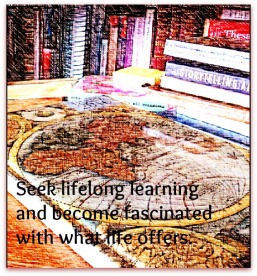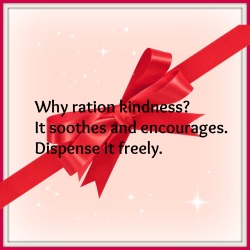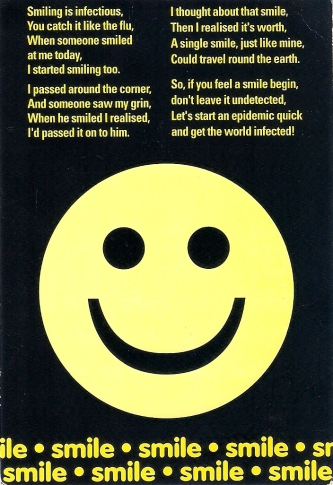
I have known friendship love, parental love, romantic love, family love and unrequited love in my life time, but the only love that made a difference was self-love. You don’t need confirmation from the world or another person that you matter. You simply do matter. When you finally believe that truth and live it then you can do amazing things with your life! Shannon L. Adler
Love; has there been a more talked, written, sung, danced, painted or drawn about subject in the history of mankind? Love is the most celebrated emotion of all. But what is love? In 2012, that question was the most popular search on Google; the Guardian article attempts to answer it by offering viewpoints from the fields of science, psychotherapy, philosophy, literature and religion. Love consists of all of those perspectives, combined, and, I suspect, a whole lot more besides.
C.S. Lewis identified four categories of love; in The Four Loves he writes about how three of them, Affection, Friendship and Eros all materialise easily in human beings. Charity, the fourth, was, for Lewis, divine, and he believed it is necessary for us to cultivate Charity in order to temper the other three loves and prevent them from becoming warped and even harmful.
The necessity for, and existence of, women’s refuges worldwide (not forgetting that men are also victims of domestic abuse) suggests that Lewis was right to highlight the need to expand our capacity to love. He wrote about the difference between ‘need’ love and ‘gift’ love; it’s hard to describe the type of relationship which results in one partner being on the receiving end of violence as bountiful. Indeed, Lewis states: Need-love says of a woman ‘I cannot live without her’; Gift-love longs to give her happiness, comfort, protection – if possible, wealth.
A Course in Miracles says that what isn’t love is always fear; in other words, at any given time, we are either expressing love, or crying out for healing and help. If you look closely at all situations you will find that to be true. For example, when an abusive partner behaves aggressively, dig deep beneath the bullying and you will find that fear is at its root. Of course, this doesn’t excuse or even justify cruel behaviour; it does, however, explain it. To quote Rainer Maria Rilke: Perhaps everything that frightens us is, in its deepest essence, something helpless that wants our love.
What might transpire, I wonder, if when we were confronted by fear-fuelled expressions we were able to respond with love and compassion? This doesn’t mean we allow people to mistreat us, rather we pause before reacting impulsively when our ‘buttons’ are pushed; after all, we only snap when faced with opposition if our own fragile egos are prodded.
Psychotherapist Philippa Perry, who features in the Guardian article mentioned above, says that: in order to care for others you need to be able to care about yourself. She refers to the Ancient Greek concept of Philautia, or self-love, which is the opposite of selfishness. Philippa’s claim that we can’t truly love another before we can love ourselves has been disputed; what is beyond doubt, however, is that there can never be too much heartfelt love awarded to both ourselves and our fellow human beings.
Reflecting on the fact that I put up with a string of increasingly abusive relationships eventually made it abundantly clear to me that, for whatever reason, self-love was lacking in my life. The consequences of this were so destructive I count myself lucky that I’m here to tell the tale. I can relate to Brene Brown’s statement: I now see how owning our story and loving ourselves through that process is the bravest thing that we will ever do.
What it comes down to is this: we all deserve to be here and to have the best. Our essence is love; it’s what we are at our core. But when you’re as low as it’s possible for a human being to go, how do you find a way to keep going? My love for my son gave me the will to persevere; I’m not sure if I’d have had the strength to carry on if it wasn’t for him. I’ve called him my saviour on many occasions. And now I know that I was worthy of love all along, for my own sake, not just my son’s, I’m keen to encourage the downtrodden to bounce back.
Have you ever granted yourself the love that you’ve desired from (or given to) someone else?
Try following Amy Leigh Mercree’s advice: Being present to yourself in love and with kindness is the ultimate gift… Celebrate who you are in your deepest heart. Love yourself and the world will love you.
If we could all love ourselves the world would be transformed; how amazing would that be?










